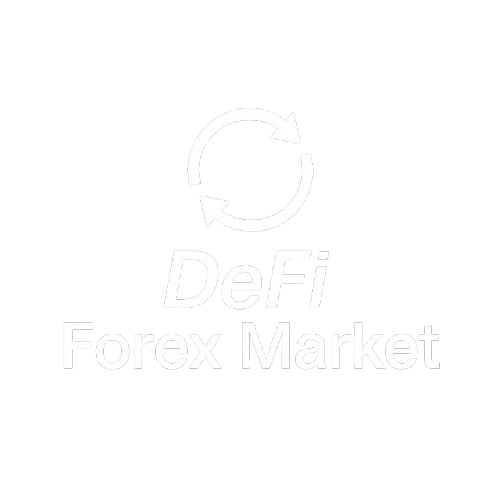
DeFi Forex Market in CNBM
The DeFi Forex Market is one of the core pillars of the CNBM ecosystem, designed to create a decentralized, stable, and efficient exchange infrastructure for global and regional currencies.
Market Capabilities
- Directly swap local CNCurrencies with each other
- Exchange CNCurrencies into CNUSD or major cryptocurrencies
- Conduct international and local payments without relying on traditional financial intermediaries
Key Trading Pairs
Available Trading Pairs
- CNCurrency ↔ CNCurrency (e.g., CNEUR/CNAED or CNTRY/CNCAD)
- CNCurrency ↔ CNUSD
- CNUSD ↔ Cryptocurrencies (ETH, BTC, BNB, DAI)
- CNCurrency ↔ Cryptocurrencies
- RC ↔ CNUSD
- RC ↔ CNCurrency
- RC ↔ Cryptocurrencies
- CNUSD ↔ USDT, USDC, DAI
- CNCurrency ↔ USDT, USDC, DAI
- RC ↔ USDT, USDC, DAI
Main Advantages
Key Benefits
- Live exchange rates independent of the US dollar
- Elimination of financial intermediaries and excessive fees
- Natural adoption growth of CNCurrencies through organic liquidity
- Fast, seamless swaps between local currencies and global assets
Role of FBanks in Supporting DeFi Forex Market
FBanks act as official price anchors for CNCurrencies:
FBank Functions
- Enable instant minting and burning based on live market data through official oracles
- Maintain price stability by providing a reliable mint/burn reference
Roadmap for Development
Development Phases
Phase 1 – Initial Liquidity Provision
30% of all PDToken sales revenue on each network will be allocated to create foundational liquidity pools between CNCurrencies, CNUSD, and major cryptocurrencies.
Phase 2 – Decentralized Community Management
PDToken holders will actively deepen the market by:
- Providing liquidity
- Participating in governance
- Receiving staking rewards and transaction fees
Comparison: DeFi Forex vs Traditional Forex
| Feature | Traditional Forex | DeFi Forex Market (CNBM) |
|---|---|---|
| Requires banks and brokers | Yes | No |
| Settlement time | Days | Instant |
| Global access | Limited | Unrestricted |
| Fees | High | Very low |
| Transparency | Limited and opaque | Full and public |